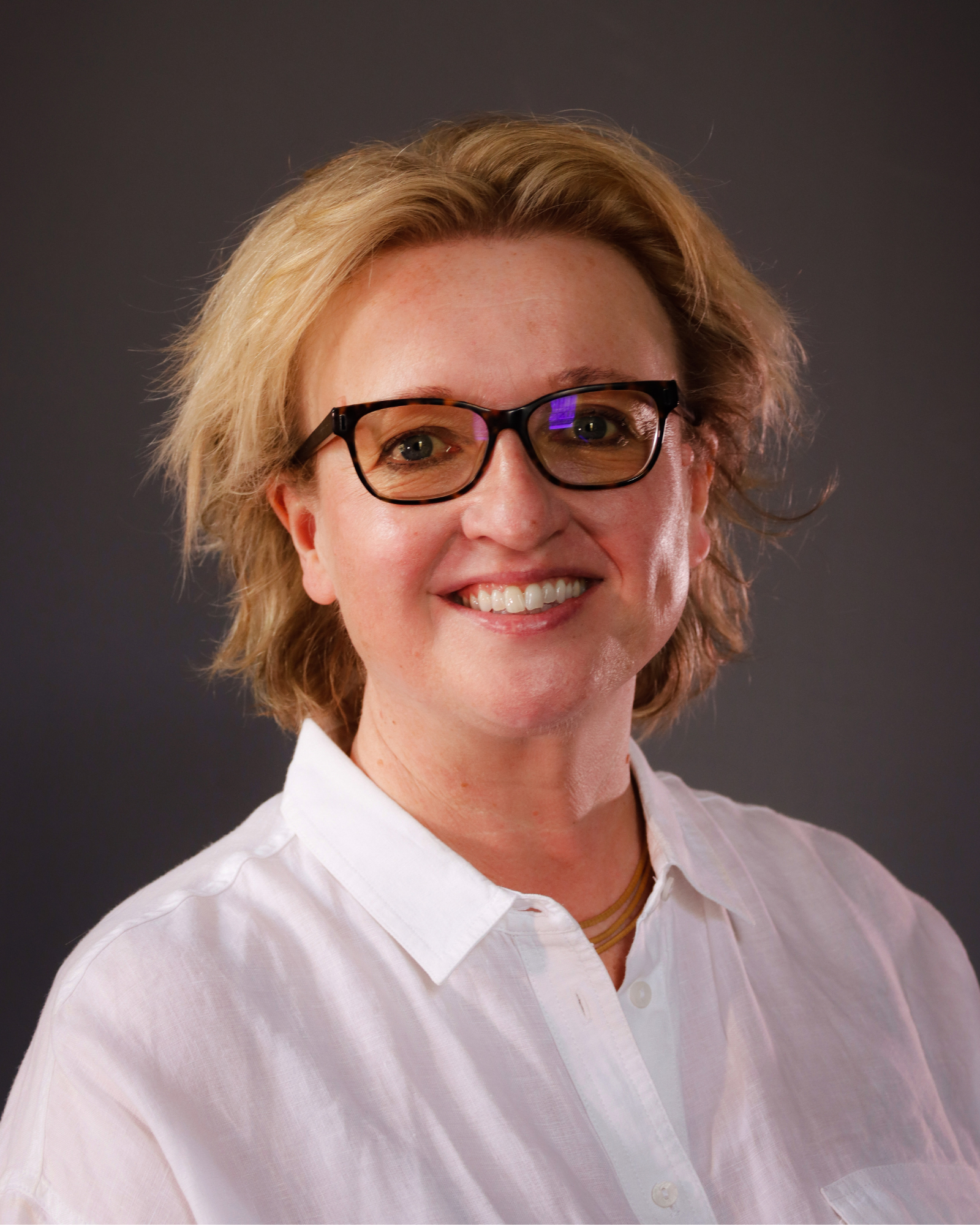Introducing Responsive Breathing™️
Task Based Breath Training for Speaking and Singing IN PERSON and ONLINE. ONLINE BOOKING PAGE.


| Date | Thursday, December 4, 2025 to Friday, December 5, 2025 |
| Time | 9:30:–3:30: (UTC) |
| Venue | Online |
| Price | NZ$280.00 |
| Early Bird | NZ$240.00 (enter code EARLYBIRD at checkout, valid till 11/14/2025) |
| Student | NZ$200.00 (enter code STUDENT at checkout) |
How much breath is needed to begin speaking or singing?
The answer to that question is the cause of enormous confusion among teachers and performers. While the answer is straightforward, it is not simple. The question highlights the multiple contradictions surrounding the role of breathing in voice production, pitch production and dynamic control. This leads to instruction that is not only functionally, physiological and acoustically inefficient but also the cause of major stressors on the voice leading to potential trauma.
This new course will look at how to train Responsive Breathing™️ in accordance with the Estill principle of “the breath must be free to vary according to what it meets on the way out”. This includes at laryngeal level with closure of the true vocal folds (phonation) as well as speech sounds.
The guiding principle here is that breathing that is identified as being consistent is often the complete opposite. Sub-glottic pressure is constantly adjusting in line with pitch, dynamic, Voice Quality, consonants and of course, emotion.
What training principles allow for breath to ‘respond’ instantly to these changes, leaving the performer free to focus on artistry, characterisation and acting, in both singing and speaking?
This workshop will look at how this should be interpreted, what it means and practical application in training, teaching, rehearsal and performance at whatever level of experience.
The day will include:
• Top 5 Common Misunderstandings
• The key difference in ‘breathing for life’ vs ‘breathing for voice’
• Where to start – setting up optimum conditions
• Common breathing problems – causes and correctives
• The problem with ‘traditional’ teaching – where it works and where it fails
• Practical afternoon session followed by IN PERSON and ONLINE afternoon masterclass
• Q&As
